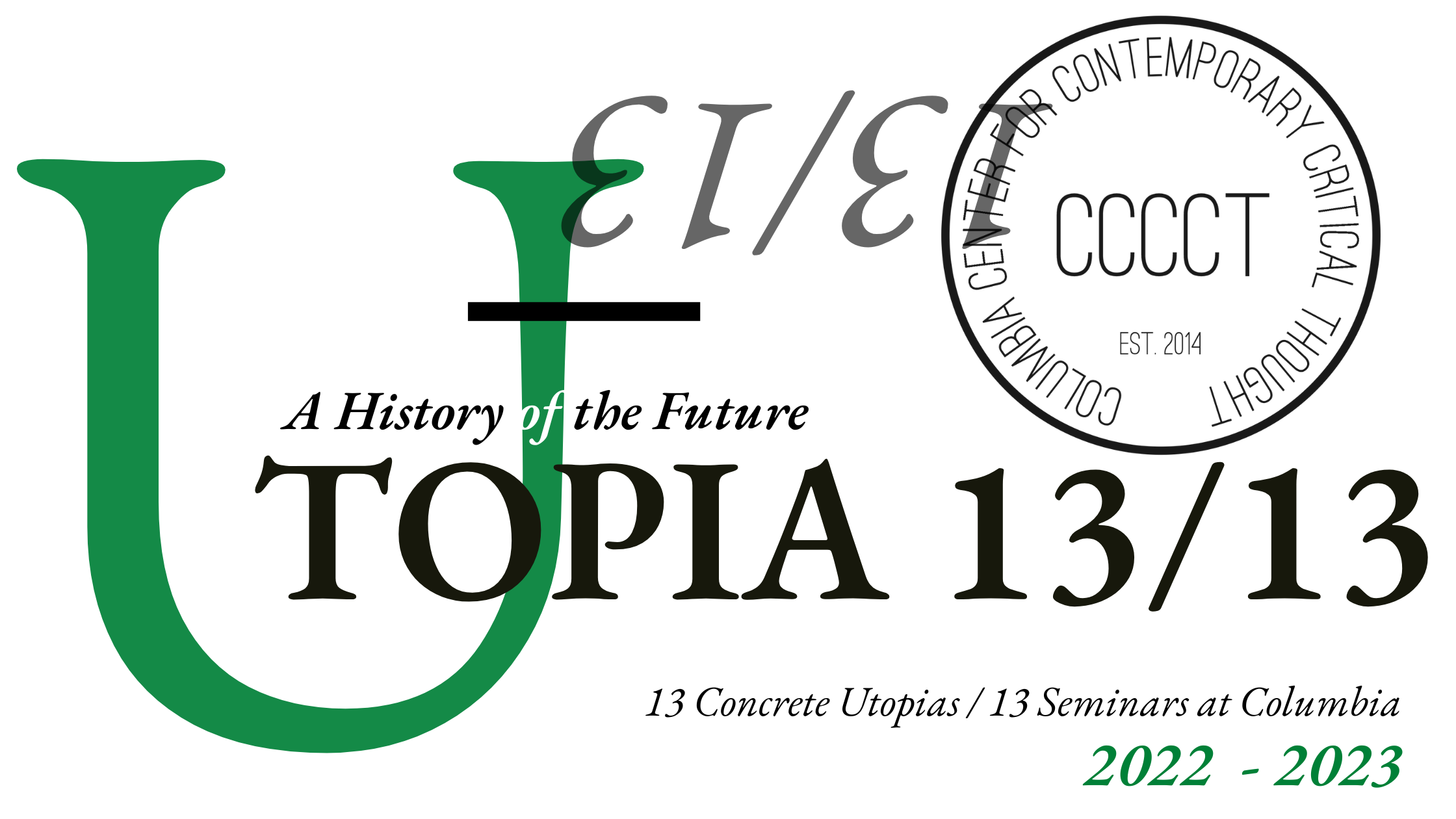By Amna A. Akbar
In the late twentieth century, critical legal theorists recognized law as politics and understood law not as superstructure but a terrain of struggle in the way that Nicos Poulantzas had insisted in State, Power, and Socialism decades earlier. The defining debate among the law-crits was about the proper place of rights and the rule of law in emancipatory struggle: that debate reflected an agreement on law as politics; a disagreement about the strategy of a turn to (political) rights; and an ambivalence about the role of law in emancipatory struggle. Though it borrowed from many larger long-standing debates across the left—about reformism and electoralism, for example—the debate had an intra-law-school flair to it.
In 1990, Cornel West entered the conversation with The Role of Law in Progressive Politics, nine pages of text I have turned to multiple times over. West advanced a vision of the capacious civil rights movement and its lawyers as forming a necessary defense of liberalism in the face of a state and society defined by the capitalist class and a “past and present [that is] chronically racist, sexist, homophobic, and jingoistic” (1797-98). While that defense might be necessary under such hostile conditions, West was clear that such work “leaves relatively untouched the fundamental cause of social misery—the maldistribution of resources, wealth, and power in American society” (1798). Liberal legalism only appears radical, he argued, because of the conservatism at the core of the U.S. project. To take on and overcome a racialized and gendered capitalism—to engage in affirmative projects of emancipation—requires “significant extraparliamentary social motion” that would bring “power and pressure to bear on the prevailing status quo” (1797). Without mass protests, strikes, and organizing, he ventured, there is no meaningful social change for the dispossessed and dominated classes, and there is no tail or head winds lawyers might ride for affirmative projects.
West was threading the needle between Critical Legal Studies and Critical Race Theory. He rearticulated the position of many critical race theorists when he argued that lawyers defending and extending liberalism was “desirable but insufficient” (1798), though his engagement with capitalism arguably rang a distinct note. As to CLS, he pointed to the “myopia” of lambasting civil rights lawyers (1800) since the extension of liberalism may be “the only feasible radical option within American political culture” (1799). Simultaneously, he challenged the dominant orientation within law schools at the time toward celebrating courts and impact litigation. He reframed law for how it is anchored in and anchoring of dominant relations of exploitation, carved out of centuries of colonialism, capitalism, white supremacy, and patriarchy. But he also talked of law as a contradictory and multivalent place—where resistance necessarily take place and where defensive work buffers violence and exploitation and keeps alive “traces and residues of past progressive struggles” (1802)—holding place for future possibilities. And he advanced a theory of social change that centered the power of ordinary people coming together to exercise their power and imaginations.
Over three decades later, we are in a distinct moment that requires engagement with these same questions. West’s insights about the necessity of what he called “extraparliamentary social motion” – poor people’s rebellions and the “organized participation in credible progressive project,” are of central importance as we live through a more invigorated period of rebellion, protest, and organizing. All the more so because movements today are routinely contesting the power, function, and legitimacy of core legal institutions—police, prisons, prosecutors, and courts—as millions of people suffer the violence, evictions, deportations, and incarceration these institutions mete out in a synchronized and distracting dance. Simultaneously, movements necessarily are making demands of these institutions—in campaigns to close jails or to cancel rent or debt, or for the Green New Deal or participatory budgeting—as they run candidates to change their composition. The possibilities and limits of these strategies are on display every day all over the country.
We are living the questions in real time. The challenge posed by West’s essay now is two-fold. First, we must understand the role of law, legalism, and legal institutions without either romanticizing their promise, or forsaking them as a necessary and partial stratum of struggle. This seems to require understanding and living in the contradictions with extraordinary diligence and care. Second, how to tie however we choose to spend our time to supporting social movements, organizing, and rebellion in a way that builds on past victories and sustains and expands our struggles to more and more people.
For it isn’t just legal practice that remains limited without protest and organizing. West observed that critical legal theory “cannot be more than a progressive movement within a slice of the professional managerial stratum without connections to other social motions” (1803). And he paused briefly on the two Jesse Jackson presidential campaigns as the most promising progressive political project of the 1980s, lamenting that the campaigns illustrated how progressive projects often obsess with media and focus on electoralism and thereby forego fomenting deeper, larger, and more unruly popular struggles.
A movement lawyer friend once said to me, “nothing is pure.” The question is how to bridge radical with democratic politics, left ideas with concrete practice. Overcoming the “dilemma of disbelief”—a deep and felt sense of powerlessness felt by the majority of the public and engineered by the very structure of the state—remains a central problem (1801).
